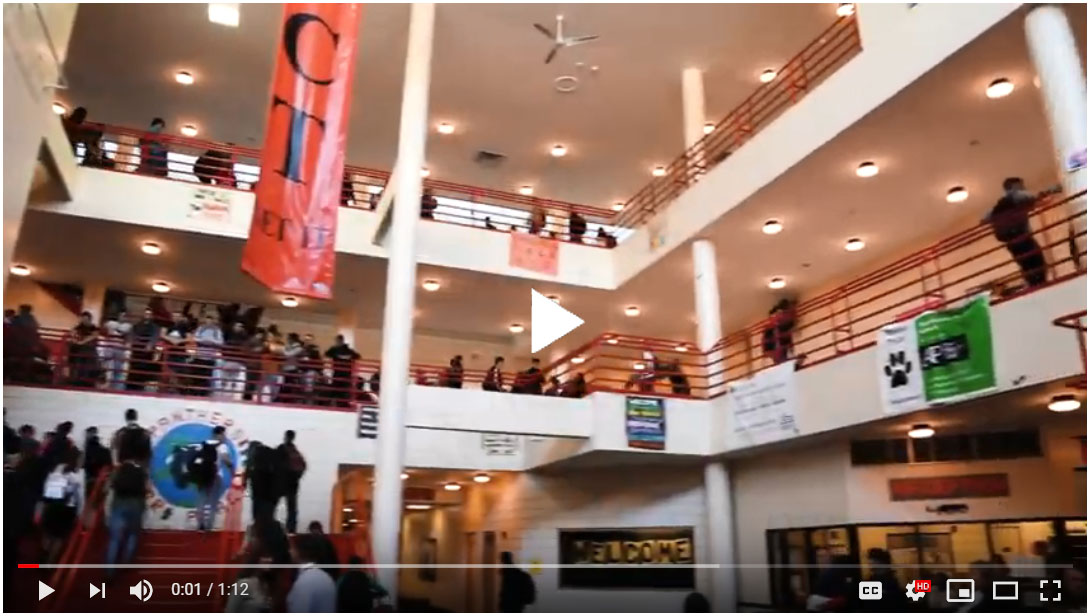In 2016, the Boards of Higher Education and Elementary and Secondary Education looked at whether the state could devise an early college strategy. They commissioned a study, done by Parthenon-EY Education Practice, to look at what exists in Massachusetts and the possibility of expanding successful models. The report found early college is a promising model that narrows educational opportunity gaps, and existing programs were a powerful base from which to build a broader statewide early college initiative.
The vision of the Massachusetts Board of Higher Education (BHE) and Board of Elementary & Secondary Education (BESE) is for growth and sustainability of high-quality early college partnerships connecting our state’s districts and high schools with our state’s colleges. These partnerships will all be aimed at giving thousands of Massachusetts students, especially first-generation college-goers, access to college completion and career success.
Design Principles
Under the Early College Designation put forth by the Massachusetts Board of Higher Education (BHE) and Board of Elementary & Secondary Education (BESE), approved designated early college programs in Massachusetts will align with the following design principles:
1. Equitable Accesstargeting students underrepresented in higher education |
4. Connections to Careerthrough workplace and experiential learning experiences |
||
2. Academic Pathwaysthat are well integrated and aligned with college and career |
5. High-Quality & Deep Partnershipsbetween high schools and colleges |
||
3. Robust Student Supportin both academics and advising |





